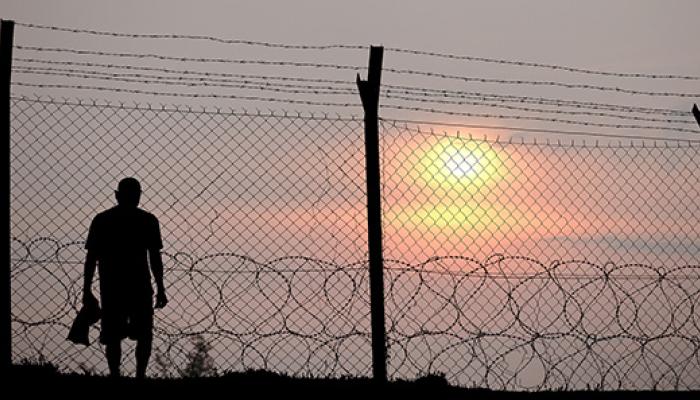
6.1 Devo dare soldi a chi chiede l’elemosina? Come posso rispettare la dignità di chi è nel bisogno? Devo donare senza fare domande? Perché Dio non agisce?
Solidarietà significa condividere equamente tra tutte le persone i frutti materiali e spirituali della Terra. Dare, condividere con altri ciò che abbiamo è un dovere cristiano (Mt 5:42; Lc 6:30). È una risposta al comandamento di amare il nostro prossimo (Mc 13:29-31). La dignità umana è un principio fondamentale della vita cristiana. Tu non sei superiore perché ti è capitato di avere qualcosa che puoi donare. In ogni interazione umana, l’altro merita il tuo rispetto e il tuo amore.
Quando incontri un senzatetto, guardalo negli occhi e mostragli che lo vedi come un essere umano. Potrai voler rispettare la loro volontà dando loro ciò che chiedono. Hai anche la responsabilità di non dare cose che potrebbero essere dannose. Devi discernere in coscienza [>6.21] come lo puoi aiutare al meglio. Dio agisce attraverso di te per aiutare i poveri! Mettendo a Sua disposizione la tua mente, le tue mani e ciò che possiedi, Egli può fare molto per aiutare le persone bisognose che ti circondano.
By what is love for the poor inspired?
Love for the poor is inspired by the Gospel of the Beatitudes and by the example of Jesus in his constant concern for the poor. Jesus said, “Whatever you have done to the least of my brethren, you have done to me” (Matthew 25:40). Love for the poor shows itself through the struggle against material poverty and also against the many forms of cultural, moral, and religious poverty. The spiritual and corporal works of mercy and the many charitable institutions formed throughout the centuries are a concrete witness to the preferential love for the poor which characterizes the disciples of Jesus [CCCC 520].
How is human solidarity manifested?
Solidarity, which springs from human and Christian brotherhood, is manifested in the first place by the just distribution of goods, by a fair remuneration for work and by zeal for a more just social order. The virtue of solidarity also practices the sharing of the spiritual goods of faith which is even more important than sharing material goods [CCCC 414].
The needs of the poor must take priority over the desires of the rich; the rights of workers over the maximisation of profits; the preservation of the environment over uncontrolled industrial expansion; production to meet social needs over production for military purposes
[Pope John Paul II, To Christian communities, 14 Sept. 1984, 5].





